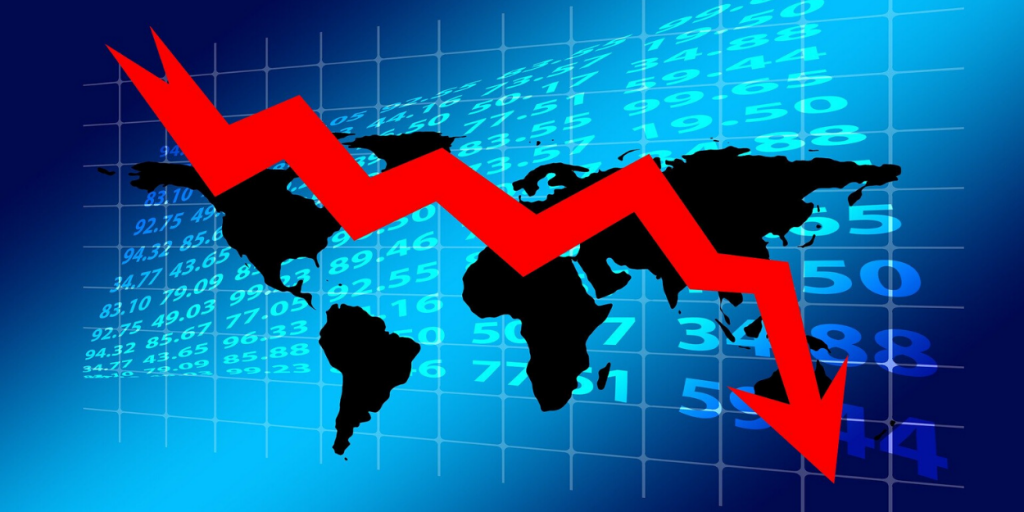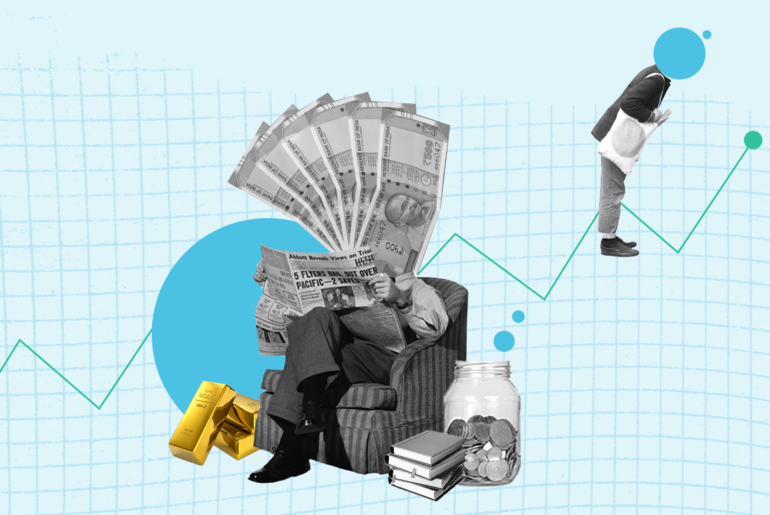Last Updated on Apr 24, 2020 by Aradhana Gotur
When you look closely, you would notice that a recession is not a bad time, after all. It is simply unpredictable, but a boon in disguise. Even with stocks nose-diving and interest rates descending, investing during a recession is still a good idea. You’re not convinced, is it? No worries, that’s why we’re here. To tell you why. So, let’s dive right in.
Table of Contents
What depreciates today appreciates tomorrow
During a recession, your investment in every asset class seems to depreciate. Be it your house property, a well-performing share or even a fixed-interest instrument, everything seems to be going down. But that’s the catch. Once the economy starts reviving, these would appreciate and reap handsome returns. But hey, you will have to be patient, a little more than you are, to enjoy the fruits. This brings us to the next point.
Your wealth may drop before climbing again
The media is flooded with information, which can be overkill. Everyone has their opinions but no one can be sure of anything. During a recession, you’ll not know when the market will bottom out. It is simply unpredictable, a little more than the normal days. Therefore, timing the market might not bode well for you.
Let us see an example. Say that your favourite stock is in red today, at a price level you desire. Does this mean it won’t head further south? There are chances but you can’t say. So, if you invest in a stock selling at low a price and the share falls deeper, don’t freak out. That’s what happens during an economic downturn, things get more unpredictable. Even so, it doesn’t mean you should not invest during a recession. Reiterating this was important. So, yes. This brings us to the next point.
Patience is the key, at all times
If you have any idea about stocks—okay, let’s not go that way and take the easier route of plain investing. So, if you are familiar with the basics of managing your personal finances, you will know that the value of money multiples over time, thanks to the compounding power of time. But, just as a coin has two faces to it, time value of money also has the second side—vital to know.
That is, money multiplies, but takes time. This goes to say that more often than not, you won’t earn returns immediately after investing. You have to wait it out. If this is the case in normal times, you most certainly have to wait a little longer to earn returns during an economic downturn. Therefore, your foremost investment strategy during recession would be to invest with a long-term horizon.
Evaluate your risk tolerance and financial situation
No one has ever gotten anything good out of following others blindly. You may buy the same refrigerator as your neighbour, because they said it was really cool (or good). You may buy a car that has been talked about in the market. But you just don’t make a buying decision and go out there to bring it home.
You take time to evaluate your needs, research the product/service and do a cost-benefit analysis before finally forgoing your hard-earned money to purchase something. If you do all of this when buying a good/service, wouldn’t you do a tad bit more when investing during a recession? After all, your investment is the source of your potential gain/income. That said, you wouldn’t want to risk it, right?
Therefore, a special mention goes to managing your personal finances, i.e. evaluating your risks, availability of funds, and financial commitments before investing during a recession. Because safeguarding the money you have now is vital. So, you can’t go overboard and take high risks. When investing during a recession, ensure you have enough money for daily expenses, a robust emergency fund, ample insurance, and some liquid cash. If all these boxes are ticked, you can go ahead and invest your bucks in the right avenue.
So, there you are, you have it all. You know why investing during a recession is good and also the fundamentals that govern your investments at all times. You may now read some of the best investment options during a recession. This brings us to the point where we urge you to take up personal finance education now, because there’s no better time. Read our stack of Personal Finance education articles and Stock Stories for some insights.
See, you then!
- Top Large Cap Funds 2025: Discover Blue Chip Performers - Mar 27, 2025
- Gilt Funds in India: Features, Meaning, and Advantages - Mar 13, 2025
- Best Index Funds in India 2025: Top Performing Mutual Funds - Mar 13, 2025




